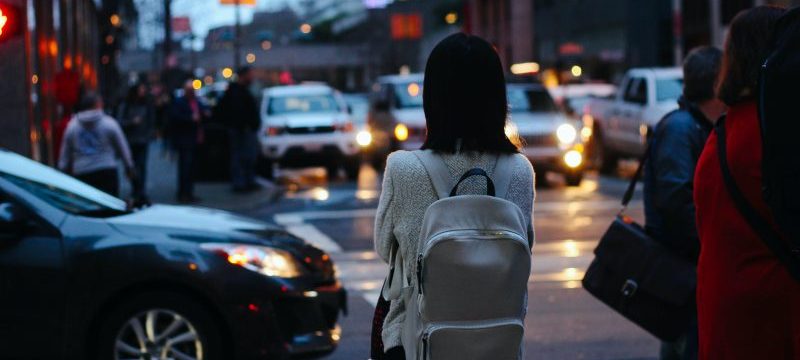Writer’s note: This post was originally published on Feb. 18, 2021 after an Asian San Francisco resident’s death. We are re-sharing it in light of the shooting in Atlanta, where eight people died, six of whom were Asian women. We want to provide support and a space for readers to share how they are feeling.
On Jan. 30, a few days after President Biden signed an executive order condemning anti-Asian racism, 84-year-old San Francisco resident Vicha Ratanapakdee passed away. He was assaulted on the street during his morning walk in what his family says was racially motivated violence. He was Thai.
This isn’t the first incident of its kind, historically or recently. In March 2020, the FBI assessed that hate crimes against Asian and Asian American populations “likely will surge across the United States” with the advent of COVID-19 and xenophobic talk of the virus, as proliferated by the former president.
Since then, a woman was set on fire in New York, a family was stabbed in Texas, and a couple was threatened through a racist, absurd and misspelled note on their front door in Minnesota. New York Police Department (NYPD) data shows that anti-Asian hate crimes increased 1,900% in the last year. Asian Americans are raising awareness and calling for support against the racial violence. Groups in places like Oakland have been organizing to make their communities safer for residents.
To the Asian American public servants: How are you doing?
Renowned activist and public scholar Ruth Wilson Gilmore defines racism in this way: the production and exploitation of differences between people groups that lead to premature death. Since hearing the news of Ratanapakdee, I’ve been thinking about this definition – racism as it relates to life and death, breath and flesh.
Many have perhaps been thinking about this definition, after the murders of Black lives at the hands of police, which set off a social movement and raised a public racial consciousness unlike before. White supremacy has been condemned; systemic racism is trying to be rooted out. We assert Black lives matter. The Asian community has grappled with its complicity in anti-Blackness, but it would be a mistake to divorce this grappling from the racial violence it experiences as well.
As an Asian American, the question I find myself asking after Ratanapakdee’s death is: In efforts to dismantle systemic racism, how are we including Asian American people?
This is not an accusatory or even rhetorical question, but a reflective one. How are we including Asian folks? In what ways are you thinking about Asian people’s stake in the conversation and actions around systemic racism? What history are you drawing from? How does it affect your life personally, and as a professional in government delivering critical services to the public?
I know from personal experience that it can be easy to rationalize the racism Asian people encounter and inherit, and it is easy to allow others to ignore it too. This fits into the racial stories, stereotypes and lies that we have been told about ourselves.
In understanding our stake and our history in regard to systemic racism and white supremacy, we can find the substantive means to address racism — such as through building partnerships with communities who similarly grieve and are similarly harmed.
People have already been committing themselves to this end, such as the Asian Pacific Environmental Network, the Oakland Chinatown Coalition, the Asian Prisoner Support Committee and others in Oakland, as reported by Melissa Pandika and Lisa Fernandez. Solidarity efforts are being carried out, though they may not be as well known. To learn more, you can check out resources here and here. Training sessions to help stop anti-Asian harassment are also available here.
In all of this, how are you doing? This post isn’t so much a call to do better or be better, but a question I’ve been wanting to ask the community since the beginning of COVID-19. How have you been processing the anti-Asian rhetoric and violence? Do you feel supported at this time?
Photo credit: Camila Rubio Varón on Unsplash





This is excellent. An inescapable question that needs to be asked.
I agree with Isaac, thank you for asking and for writing this.
Echo all of the comments above. Thanks for raising such important questions and bringing this to light!